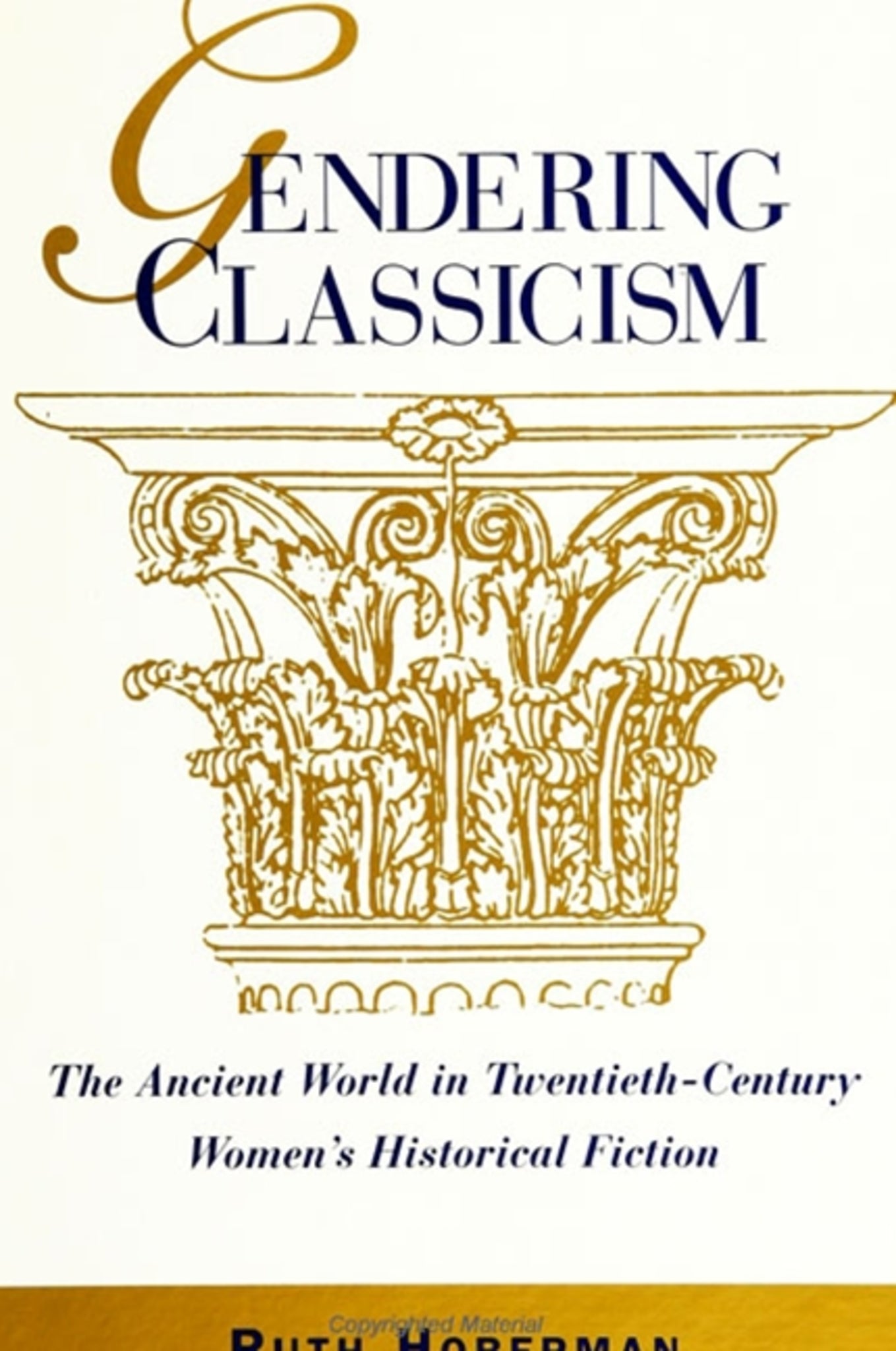We're sorry. An error has occurred
Please cancel or retry.
Gendering Classicism

Some error occured while loading the Quick View. Please close the Quick View and try reloading the page.
Couldn't load pickup availability
- Format:
-
25 April 1997

Explores the intersection of feminism, historical fiction, and modernism through the work of six writers who wrote historical novels set in ancient Greece or Rome: Naomi Mitchison, Mary Butts, Laura Riding, Phyllis Bentley, Bryher, and Mary Renault.
This book provides an illuminating context for the historical fiction of six modern British women writers, and a good synthesis of the theoretical work in the area from Fetterley and Schweikart to Fleishman, LaCapra, and Hayden White. Aruging that history provides a set of stories against which, and through which, human beings define ourselves, the author finds in the historical fiction of six modern women writers a range of strategies for claiming their cultural heritage while simultaneously differentiating themselves, as women, from its masculinist understanding of the past.
Gendering Classicism explores the intersection of feminism, historical fiction, and modernism through the work of six writers, all of whom wrote historical novels set in ancient Greece or Rome: Naomi Mitchison, Mary Butts, Laura Riding, Phyllis Bentley, Bryher, and Mary Renault.
As women gained access to higher education in the late nineteenth century, they gained access also to the classical learning that had for so long demarcated and legitimated the British ruling classes. Steeped in misogyny, the classical tradition presented educated women with a massive project: the recasting of that tradition in terms that acknowledged the existence of women—as historical agents and interpreters of the historical past.


"Relying on the notion of a transferential relation of historical narratives borrowed from Dominic LaCapra, among others, the author demonstrates how these writers repeat and subvert the historical narratives in order to make a place for themselves in their culture, their society, and in relation to the male gender. The study makes a reader able to understand what modern women writers found as the appeal—and indeed, the function for self-construction—of historical fiction. Not only does this book open up the work of six relatively underappreciated and very interesting novelists, but it explores how their work both reflects, and uses, the fascination with things Roman and Greek at the turn of the twentieth century. " — Susan Squier, Brill Professor of English and Women's Studies, Pennsylvania State University
Acknowledgments
1. Reading History / Resisting History
2. Greece, Gender, and The Golden Bough
3. History, Ritual, and Gender in Naomi Mitchison's Greece
4. Mana and Narrative in Mary Butts's Greece
5. Cressida's Complexity: Laura Riding Unwrites the White Goddess
6. Masquing the Phallus: Genital Ambiguity in Mary Renault's Historical Novels
7. History as Palimpsest: Gender and Narrative in Bryher's Gate to the Sea
8. Ancient Rome, Gender, and British Imperialism
9. Hostage to History: Naomi Mitchison and Rome
10. When Mana Meets Woman: Mary Butts's Cleopatra
11. Phyllis Bentley: Historical Fiction as Equivocation
12. Bryher the Graeco-Phoenician and Rome
13. "I am his fulfilment": Claiming the Paternal Inheritance
Works Cited
Index



